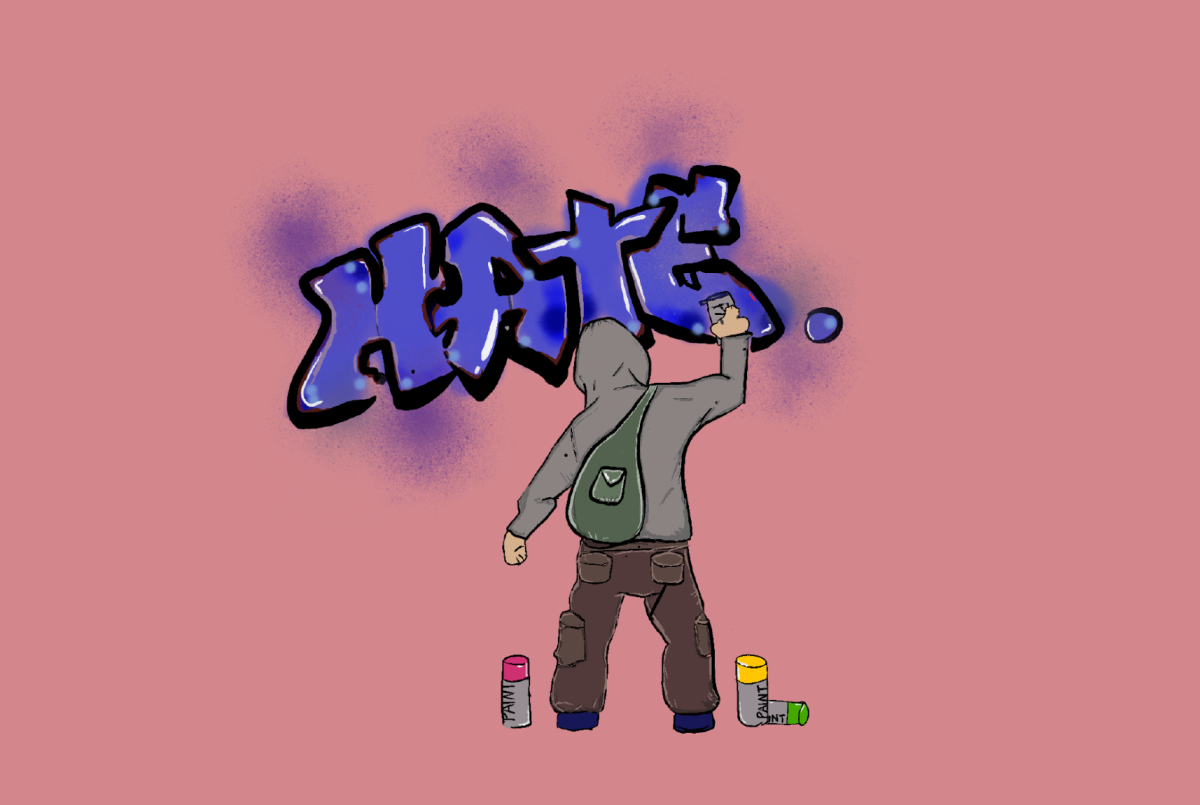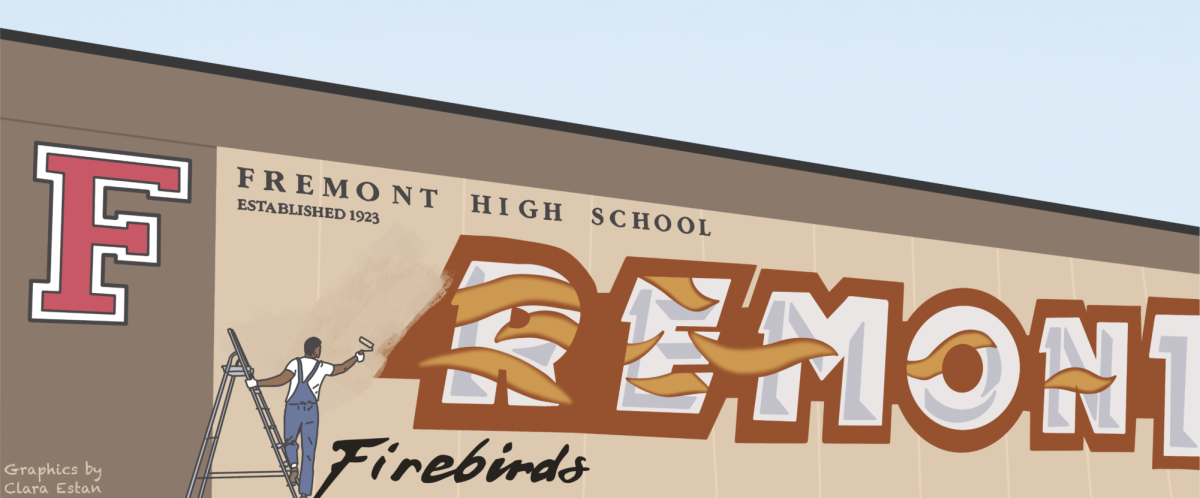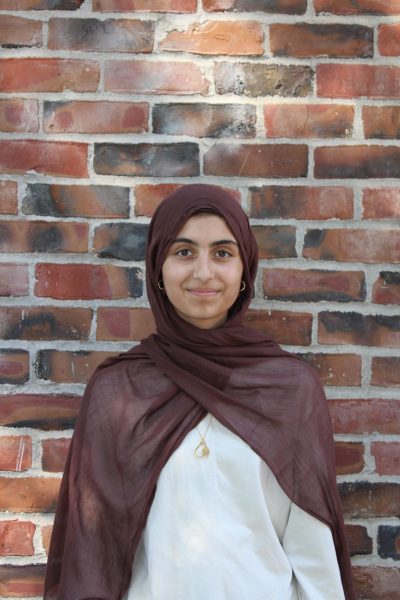In light of the ongoing Middle Eastern violence, FUHSD has noted a substantial increase in hate incidents across its school campuses, particularly targeting Jewish and Muslim students.
These incidents — acts of bias and prejudice as defined by the Department of Justice — encompass acts of prejudice that do not constitute as crimes and do not involve violence, threats or property damage. Such acts can include verbal, visual or digital expressions of racism, anti-Semitism, islamophobia, anti-LGBTQ sentiment and other forms of hate.
While these types of incidents are unfortunately common in society, their impact is particularly prominent within a school community. FHS has had its fair share of hateful incidents over the years, from offensive symbols scratched into bathroom stalls to verbal harassment among students. Batoul Mortada, a senior at FHS, has witnessed instances of islamophobia at school, from microaggressions to verbal assault.
“They think [those remarks are] like, ‘oh, it’s just a comment or whatever,’” Mortada said. “But then inside it really hurts a person and it makes people feel unsafe, to go to school specifically. And that’s where most students should be allowed to feel safe as people come in just to learn.”
Instances of hate have been reported at all five schools in FUHSD. Imaan Syed, a sophomore at Homestead High School, shared her firsthand experience with hate.
“I had a student swipe up on my [Instagram] story [and] say some really hurtful, demeaning things about me and my family.” Syed said.
When the incident was reported to administration, it was agreed upon that Syed could expect an apology from the student. However, according to Syed, she never received one.
“After that incident that happened, I feel I was just taken aback,” Syed said. “I didn’t expect things like this to happen on campus, and it just made me doubt my safety a little bit.”
In the past, the school has attempted to address the issue of hate on campus by holding school-wide assemblies, such as the anti-Semitism assembly as well as the anti-hate advisory, that addressed discrimination towards students identifying as Jewish, Muslim or members of the LGBTQ community. Both of these events took place in the 2022-23 school year.
In past years, before the COVID-19 pandemic, Emmert had a “Principal advisory board,” a group consisting of students from different groups across FHS, that advised him and other administrators on how to address challenging issues such as these.
About three years ago, Emmert assembled a Student Equity Task Force, which was focused on promoting student safety and equity on campus. The force consists of students from different communities on campus, convening to foster an environment that promotes inclusivity and respect for all students. However, those efforts did not gain traction, so the task force did not take much decisive action.
This changed in the 2022-23 school year, when there was a notable rise in incidents of anti-Semitism and recurring issues like vandalism in bathrooms. As a result, the school opted to take stronger action, reconvening the SETF.
Despite the goal of the force being to create equitable representation across campus, there has been a lot of internal conflict, within the task force, lately.
“A lot of really great, great students are involved in the Equity Task Force, but I don’t think that all of those really great students can work together very well right now,” Emmert said. “And so I want to see if we can find a way to have them be able to work together so that then we can work more broadly together.”
While the task force is there to improve relations between different groups on the FHS campus, he encourages students to positively influence each other on an individual basis for maximal impact in the community.










